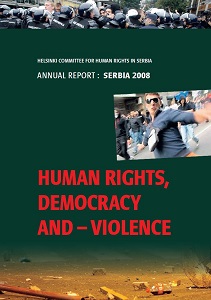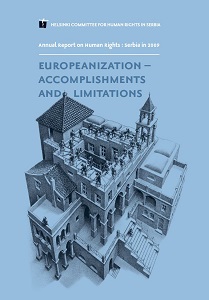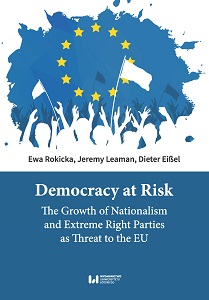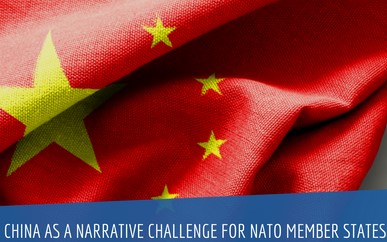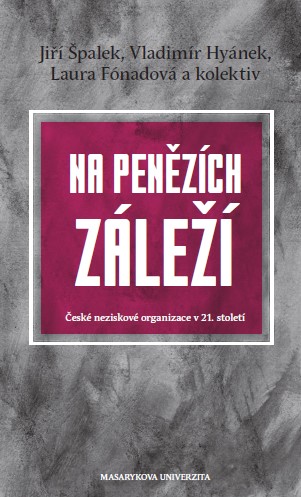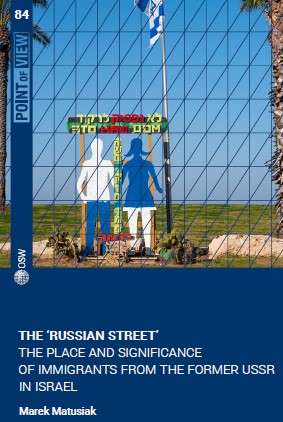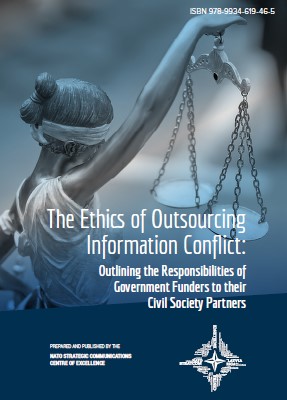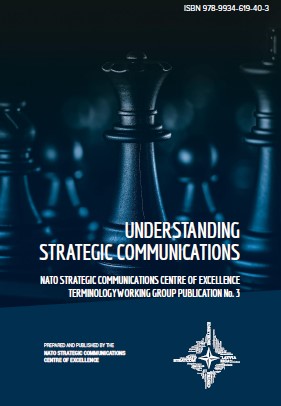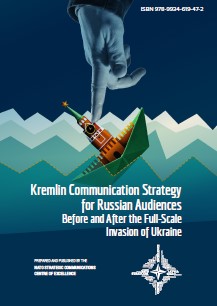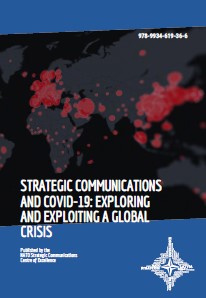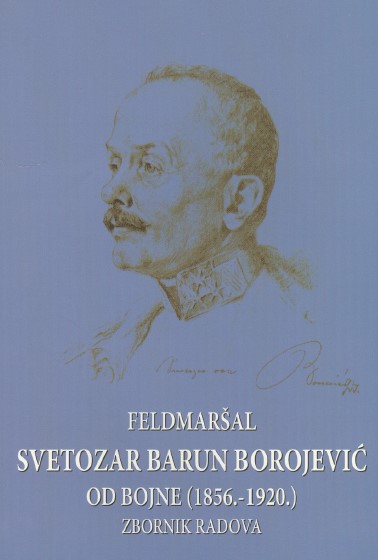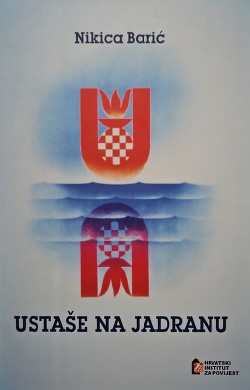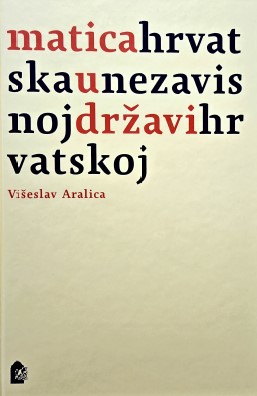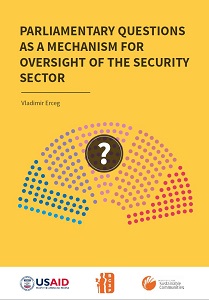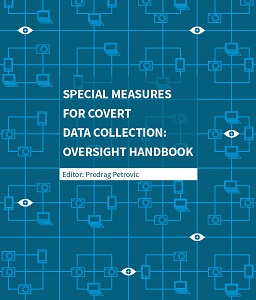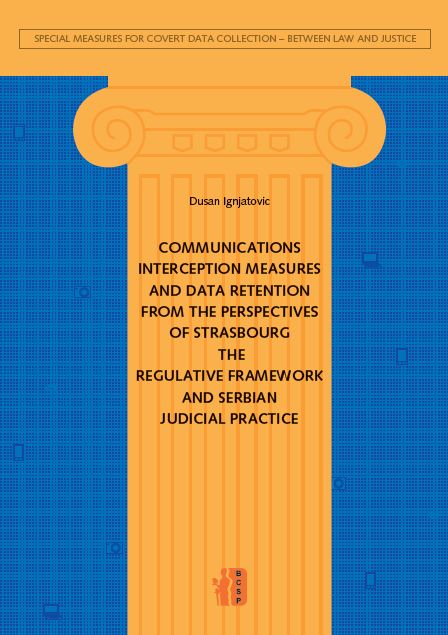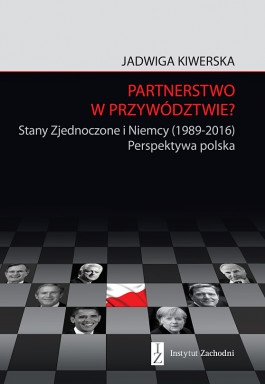
Partnerstwo w przywództwie? Stany Zjednoczone i Niemcy (1989-2016). Perspektywa polska
Stany Zjednoczone i Republikę Federalną Niemiec łączą stosunki, które stanowią ważny filar zaangażowania Ameryki w Europie. Stąd ich znaczenie dla bezpieczeństwa europejskiego i porządku międzynarodowego. Od momentu zjednoczenia Niemiec wiele się zmieniło we wzajemnych relacjach. Był to zarówno efekt nowych uwarunkowań międzynarodowych, jak i skutek odzyskania przez Niemcy pełnej suwerenności oraz ich rosnących aspiracji politycznych. Silniejsze Niemcy stały się bardziej asertywne wobec oczekiwań Waszyngtonu. Dynamika wydarzeń międzynarodowych spowodowała także redefinicję amerykańskich celów i metod działania na arenie światowej, co nie pozostało bez wpływu na kształt relacji z Berlinem. O tym wszystkim mowa jest w prezentowanej książce. Analizując ewolucję stosunków amerykańsko-niemieckich w ostatnim ponad ćwierćwieczu, próbowano odpowiedzieć na pytanie, czy RFN zyskała nowe miejsce w strategii Waszyngtonu. Czy jako silniejszy podmiot postępowała odpowiedzialnie i wiarygodnie w relacjach z amerykańskim supermocarstwem? Czy z kolei USA wyciągnęły właściwe wnioski z faktu, że ich partnerem jest państwo o dużym potencjale gospodarczym i znaczącej randze politycznej? Czy potrafiły optymalnie i skutecznie współpracować z nowymi Niemcami? Biorąc pod uwagę znaczenie dla Polski dobrych relacji zarówno z Niemcami, jak Stanami Zjednoczonymi, starano się określić implikacje stanu stosunków na linii Waszyngton-Berlin dla polskich interesów. Czy udało się te cele osiągnąć, pozostawiam życzliwej ocenie czytelników.
More...


